One of the most confusing and scary incidents that can occur is a car accident. Significant property damage, serious injuries, and more can be the result of a car accident. If only a dented fender and/or minor injuries are suffered, you might consider yourself lucky. Regardless, you may spend months or just a few weeks dealing with the consequences following a motor vehicle collision.
Following a car accident, you’ll need to know some things:
- How to have your injuries compensated.
- What the damages are.
- Who’s liable?
- Who was at fault?
Here are some motor vehicle accident legal terms that, just in case you ever need them, you may want to save or commit to memory.
Though a “settlement” can’t always be reached, and sometimes injury cases have to go to trial, it’s always the first step following the filing of a claim. Best case scenario: Your attorney and the other person’s insurance company can come to a reasonable and acceptable settlement so you can be compensated for your losses/damages.
Pain-and-Suffering
The term “pain and suffering” is pretty much what it sounds like. Following an accident, you are very likely to experience both. The amount of money a court believes is justified – or the amount of money an insurance company pays – which compensates for emotional and/or psychological accident-related damages is referred to as pain-and-suffering damages.
Damages
The “damages” are what you will seek compensation for following an accident caused by someone else. Some of these can include pain and suffering, lost wages, personal property replacement, vehicle repairs, and medical bills.
Underinsured/Uninsured Motorist Coverage
Though insurance is required, not everyone has it. This kind of insurance policy helps protect you against the driver who does not have an insurance policy or one who doesn’t have enough insurance.
Insurance
A minimum amount of insurance is required for all drivers. For certain types of client damages, an insurance company will pay due to the legal agreement between the two. Numerous kinds of insurance exist.
Fact of Loss
If you can demonstrate the “fact of loss”, it will help satisfy your burden of proof (see below). The record of what occurred in the car accident is referred to by the facts of loss. Though not limited to just a police report, a police report’s narrative is where many of the facts are recorded.
Burden of Proof
Evidence that you are able to show the court or an insurance company – regarding what happened – can have a huge effect on what you’re able to recover after an accident. The plaintiff (the driver who says it was the fault of someone else) will likely be required to prove, with sufficient evidence, that their claim is legitimate. This is referred to as “the burden of proof”. It rests with the party filing a claim.
Negligence
All drivers are expected to follow a “duty of care”. If they fail to meet that, and an accident occurs, they may be found “negligent”.
Liability
Legal responsibility is referred to by “liability”. For any accident-related property damage, personal injury, etc., a person will be legally responsible if they were liable for the accident/incident.
Tort
If a wrongful act results in injury or damage, it can be referred to as a “tort”. You can bring a civil lawsuit against someone who commits a tort against you. Because of their wrongful act, any damages you suffered may be compensated.
Note: For the sake of brevity, all of the above explanations have been simplified and condensed.
The Best Thing to Know In Case of an Accident: Corradino & Papa
Now that you know the most important terms related to car accidents and damages you may be entitled to, the next most important thing for you to be aware of is that our team members at Corradino & Papa will do everything in our power to help you get the compensation you’re entitled to.

